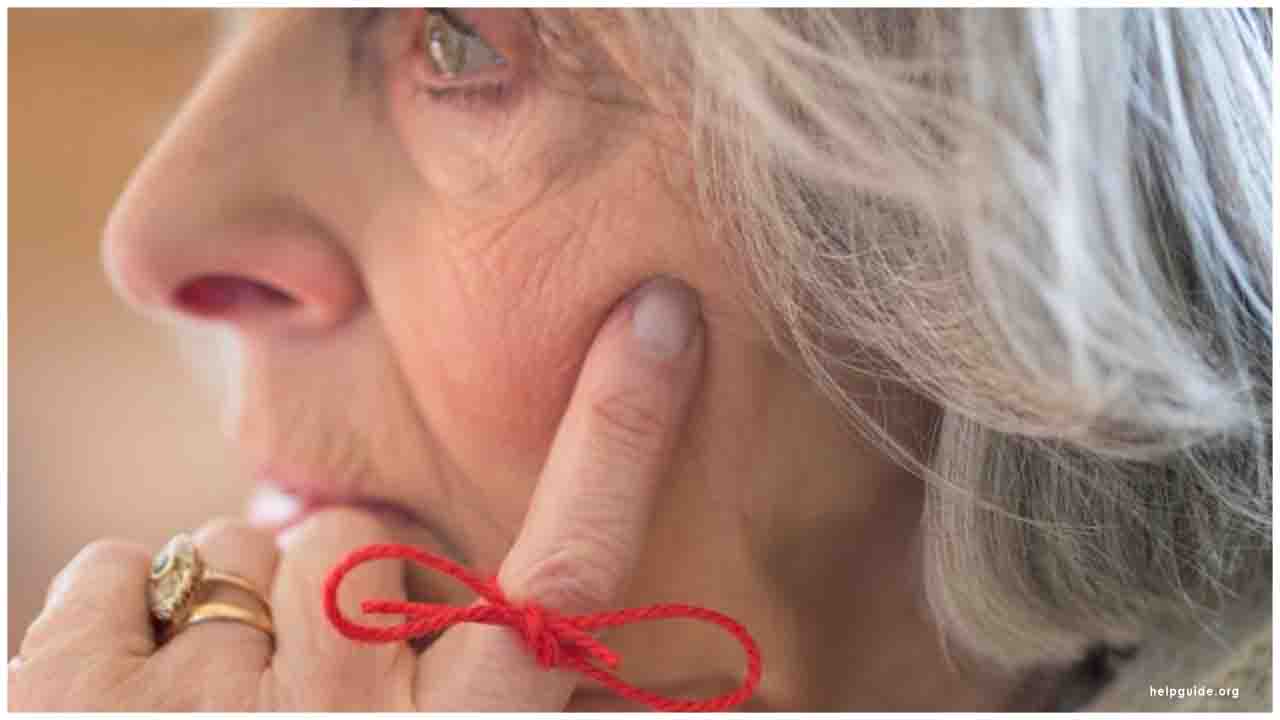A new examination has discovered that physical worry in one's activity might be related to quicker cerebrum aging and poorer memory. The discoveries were published in Frontiers in Human Neuroscience under the examination subject 'Work and Brain Health across the Lifespan.
Another investigation has discovered that physical worry in one's activity might be related to quicker mind maturing and more unfortunate memory.
In a review, studies with brain imaging information from 99 intellectually typical more seasoned grown-ups, age 60 to 79. They found that the individuals who announced significant levels of physical stress in their latest employment had smaller volumes in the hippocampus and performed more unfortunate on memory undertakings. The hippocampus is the piece of the cerebrum that is basic for memory and is influenced in both typical maturing and in dementia.
The stress can quicken physical ageing and is the hazard factor for some ceaseless ailments. In any case, this is the main proof that work related pressure can quicken cerebrum and intellectual ageing.
A normal American specialist goes through over eight hours at work every weekday, and a great many people stay in the workforce for more than 40 years. By unadulterated volume, work-related introductions exceed the time we spend on recreation social, intellectual, and physical exercises, which ensure our aging psyches and minds.
Physical demands to be at work
The relationship between "physical stress" and cerebrum/memory was driven by physical requests at work. These included inordinate coming to, or lifting boxes onto racks, not really oxygen-consuming action. This is significant on the grounds that previous works by researchers demonstrated that recreation oxygen consuming activity is valuable for cerebrum wellbeing and cognizance, from youngsters to old grown-ups. In this manner, the specialists controlled for the impacts of recreation physical movement and exercise.
True to form, relaxation physical action was related to more prominent hippocampal volume, yet the negative relationship with physical demands at work endured.
This finding proposes that physical demands at work may have equal yet contradicting relationship with cerebrum wellbeing. Most mediations for delaying psychological decay center around relaxation, not on your activity. It's sort of an obscure area, however, perhaps future exploration can assist us with making a few changes to our workplace for long haul psychological wellbeing.
Thinking about individuals with intellectual impedance is so exorbitant, on monetary, enthusiastic, and cultural levels. On the off chance that we can bolster cerebrum wellbeing prior, in moderately aged specialists, it could have a tremendous effect.
The scientists considered and rectified for a few different components that could be identified with workplace, memory, and hippocampus, for example, age, sex, mind size, instructive level, work title, years in the occupation, and general mental pressure.
One bit of the riddle
The exploration on this point is so divided. One past examination connected midlife administrative involvement in more noteworthy hippocampus volume in more seasoned age. Another indicated that cab drivers had bigger hippocampi than a city's transport drivers, apparently because of the need to explore. In our examination, work multifaceted nature and mental worry at work were not identified with hippocampal volume and comprehension. Obviously, our examination is only one bit of the riddle, and further exploration is required.
The magnetic resonance imaging (MRI) information utilized for the examination was gathered at the University of Illinois Urbana-Champaign somewhere in the range of 2011 and 2014.
Effect of Occupational Exposures and Hazards on Brain and Cognitive Health Among Aging Agricultural Workers which will include gathering MRI cerebrum filters and recognizing hazard and defensive factors that could enable the horticultural network to age effectively.
How to manage stress at work?
- Try to do some meditation activity in the day.
- Make sure to move around in the office to clear your mind from the building pressure
- Avoid drinking a lot of caffeine
- Keep yourself hydrated
- Eat timely meals
- Make sure the meals are healthy and not filled with unhealthy options
Reference:
Agnieszka Z. Burzynska, et al, Occupational Physical Stress Is Negatively Associated With Hippocampal Volume and Memory in Older Adults. Frontiers in Human Neuroscience, 2020; 14 DOI: 10.3389/fnhum.2020.00266

 The stress can quicken physical ageing and is the hazard factor for some ceaseless ailments
The stress can quicken physical ageing and is the hazard factor for some ceaseless ailments









.jpeg)








.png)
.png)

.png)
.png)
.png)

.png)
.png)
.png)

.png)
.png)